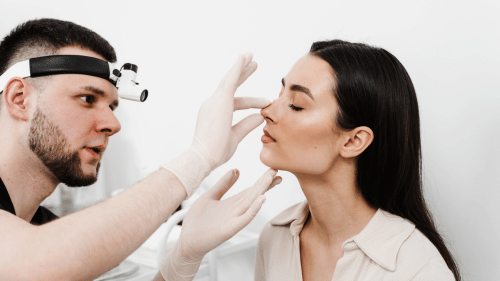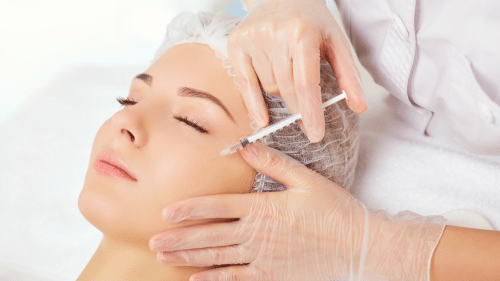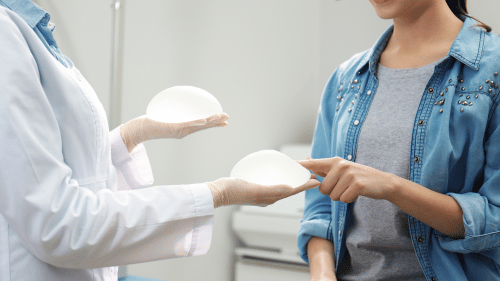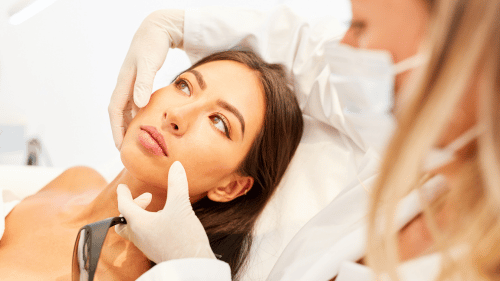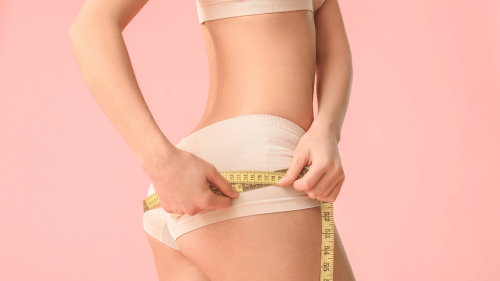Skin Care
Skin care refers to a range of practices aimed at maintaining and improving the health and appearance of the skin, involving cleansing, moisturizing, and protection from environmental factors.
- The Only Guide You’ll Ever Need
Skin Care
Skin care is an essential part of personal wellness, focusing on the maintenance and enhancement of the skin’s appearance and health. A proper skin care routine addresses various concerns, such as dryness, acne, aging signs, and sensitivity. It typically involves steps like cleansing to remove dirt and impurities, moisturizing to hydrate and nourish, and sun protection to shield the skin from harmful UV rays. Skin care routines may vary based on skin type (dry, oily, combination, sensitive) and specific needs (anti-aging, acne treatment, hydration). With the right products and techniques, a good skin care routine can promote a clearer, smoother, and healthier complexion.
A proper skin care regimen involves a variety of products tailored to your skin’s needs. Cleansers remove impurities and excess oils, while toners help balance the skin’s pH. Serums, packed with active ingredients, target specific concerns such as wrinkles, pigmentation, and acne. Moisturizers hydrate and lock in moisture, ensuring skin stays soft and plump. Sunscreens are a crucial part of the routine to prevent UV damage and premature aging. Regular exfoliation can remove dead skin cells and enhance the skin’s natural glow. Consistent care and choosing the right products for your skin type can make a noticeable difference in its overall health and appearance.
Purpose
Maintains and improves skin health.
Procedure
Custom products and regular treatments.
Areas Treated
Face, neck, body.
Anesthesia
Not required.
Recovery
No recovery time needed.
Results
Healthy, balanced, radiant skin.
What is Rhinoplasty ?
Rhinoplasty, commonly known as a “nose job,” is a surgical procedure designed to reshape the nose for aesthetic enhancement or functional improvement. It can address concerns like:
A dorsal hump
Drooping or bulbous nasal tip
Crooked bridge
Overall facial imbalance
In many cases, rhinoplasty is also performed to improve nasal breathing, particularly when combined with correction of a deviated septum.
At our clinic, board-certified surgeons take a personalized, detail-oriented approach, analyzing each patient’s facial structure to deliver natural-looking and harmonious results.
Rhinoplasty Process
1. Consultation
Detailed facial and nasal analysis
Discussion of aesthetic goals and functional concerns
Customized surgical plan tailored to your features
2. Surgical Procedure
General anesthesia is typically used
Hidden incisions (inside the nostrils) minimize visible scarring
The nose is reshaped (tip refined, hump reduced, bridge straightened, etc.)
If needed, internal corrections like a septoplasty are performed to enhance breathing
3. Recovery
Surgery duration: 2–3 hours
Outpatient procedure: most patients go home the same day
Swelling and bruising peak in the first week and subside within 1–2 weeks
External splint worn for about a week
Return to light activities and office work: typically within 7–10 days
Final results: refined nasal shape settles within 12 months
Rhinoplasty Cost in 2025 (Turkey)
The experience of the surgeon
The techniques used
Whether functional work (e.g., septoplasty) is also included
Average Cost in Turkey:
Why Turkey?
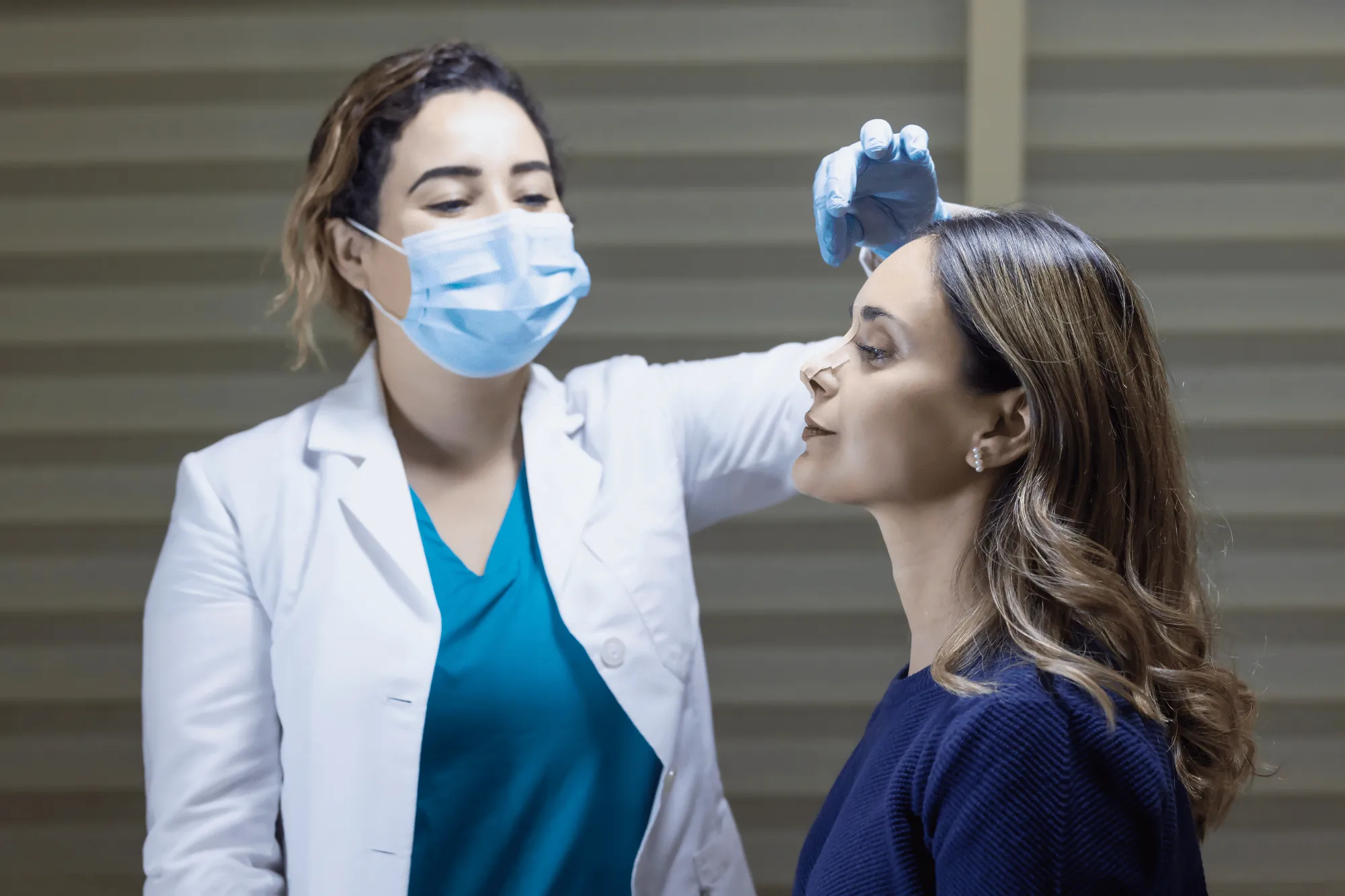
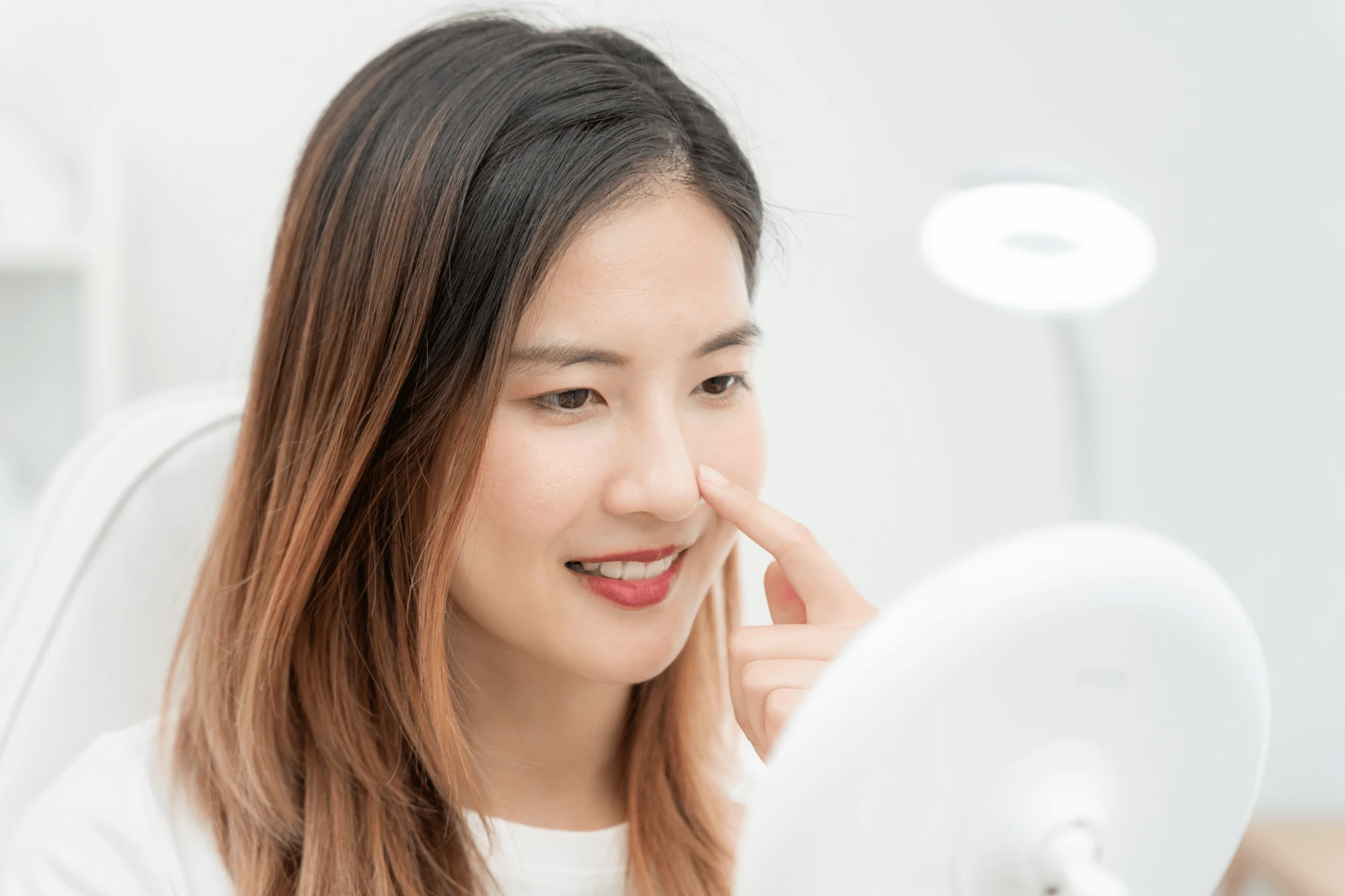
Overview
What is Skin Care?
Skin care is a collection of practices that improve and maintain the health and appearance of your skin. It includes cleansing, moisturizing, and protecting the skin from environmental damage.
The routine involves:
Cleansing: Removes dirt, oil, and impurities
Moisturizing: Hydrates and maintains skin’s elasticity
Sun Protection: Shields the skin from harmful UV rays
Targeted Treatments: Serums and creams to address specific concerns like aging or acne
A good skin care routine can enhance the texture, tone, and overall health of the skin.
Process
Skin Care Process
1. Consultation
Evaluate skin type and individual concerns (e.g., acne, aging, sensitivity)
Determine the best products and routine for your skin needs
Recommend treatments and professional skin care products
2. Surgical Procedure
Cleansing: Use a gentle cleanser to remove impurities and oil
Toning: Apply a toner to balance the skin’s pH
Treatment: Apply serums for specific issues (e.g., wrinkles, pigmentation)
Moisturizing: Hydrate the skin with a suitable moisturizer
Sun Protection: Use sunscreen daily to protect from UV damage
3. Recovery
Most skin care routines do not require recovery time, but some treatments like exfoliation or deep-cleansing facials may cause mild redness
Results vary, but consistent use of the right products can improve skin health over time
Costs
Facelift (Rhytidectomy)
The cost of a facelift can vary depending on several factors, including the complexity of the procedure, the surgeon’s experience, and whether additional treatments (such as a neck lift or eyelid surgery) are performed at the same time.
Typical cost range: $7,000 – $15,000
The experience of the surgeon
The techniques used
Whether functional work (e.g., septoplasty) is also included
Average Cost :
Cost Range : $7,000 – $15,000
What’s included:
- Surgeon’s fee
Anesthesia fees
Operating room and facility costs
Pre-operative consultations and post-operative care
Compression garments or necessary supplies
Before & After
Authentic Patients & Genuine Results
Hear It Straight from
Our Patients Real Stories, Real Impact.
Discover what our patients have to say about their transformation journey with us.
Services
Faq's
Frequently Asked Questions
Have questions about skin care ? We’ve answered the most common concerns to help you feel confident and informed before your procedure.
How often should I cleanse my skin?
It’s important to cleanse your skin twice a day, once in the morning and once at night, to remove impurities.
What type of moisturizer should I use?
Choose a moisturizer that suits your skin type: light, oil-free formulas for oily skin, and richer creams for dry skin.
Can I skip sunscreen if I'm not outdoors?
No. UV rays can affect your skin even indoors, so it’s important to use sunscreen daily.
How long will it take to see results from a skin care routine?
Results can vary, but most people start seeing improvements within 2–4 weeks of consistent use.
Is exfoliation necessary?
Exfoliation is beneficial for removing dead skin cells and promoting cell turnover, but it should be done 1-3 times per week depending on your skin type.
Can skin care help with acne?
Yes, a proper skin care routine with targeted treatments (like acne-fighting serums) can reduce breakouts.
What are the benefits of using serums?
Serums are concentrated with active ingredients and can address specific concerns like aging, acne, or pigmentation.
Should I change my skin care routine seasonally?
Yes, adjusting your routine according to the season (e.g., using heavier creams in the winter) can help maintain skin health.
Can I use the same products for both my face and body?
It’s best to use products specifically designed for your face and body, as facial skin tends to be more sensitive.
Are professional treatments necessary for healthy skin?
Professional treatments, like facials or chemical peels, can complement a home routine, but they are not necessary for maintaining healthy skin.
Claim Your Free Consultation Now!
If you have questions, need support, or are looking for medical guidance, our expert team is ready to assist you.
- Customized Treatment Plan in Minutes!
- Complimentary Consultation and Evaluation
- Round-the-Clock Booking Available
- Everything Included in One Package
- Over 2,800 Clients and Growing in 32+ Countries







